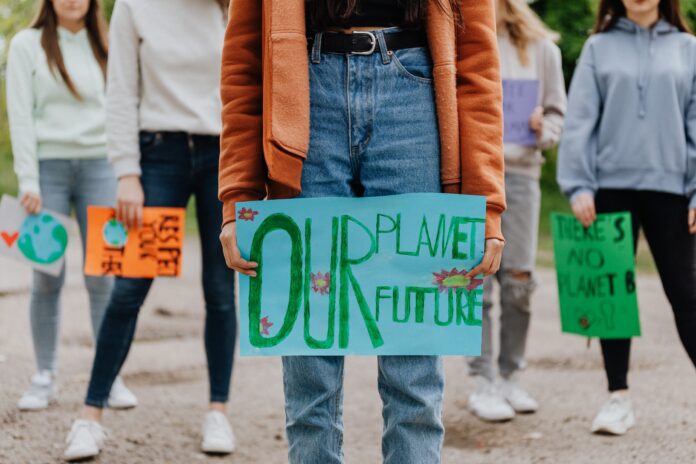Governmental officials often make big promises about the environment — but when it comes to taking action, are they really following through on their word?
To help answer this question, researchers from the University of Waterloo investigated the state of sustainability and climate change reporting in 38 Ontario municipalities. Their work, which shed light on a stark lack of public reporting, was published in Environments.
The Government of Canada claims to be committed to achieving the 17 Sustainable Development Goals (SDGs) put forth by the United Nations, including many that will require work at the municipal level. In the private sector, recent research has shown that corporations often don’t live up to their SDG-related promises — but is the same true for our governments? While most Canadian municipalities do publish their sustainability and climate change goals publicly, the team behind this study was interested in learning whether these municipalities also report on their progress towards meeting these goals.
To investigate this, the team studied 38 municipalities in Ontario, which together account for about two thirds of the province’s population. They searched through these municipalities’ websites and noted whether they had any sort of sustainability and/or climate change reports available for the public and other stakeholders (including both stand-alone reports specific to sustainability and/or climate change, as well as sections related to sustainability and/or climate change in more general reports).
They found that when progress is reported on sustainability and climate change goals at all, it’s often included in more general annual reports. Reports specific to sustainability and climate change were rare — and worryingly, the number of reports available seems to be decreasing over time. These reports also tend to be difficult to find.
“Citizens can go online and see the financial performance of a municipality, [b]ut they would have to dig around to see how the operations and policies of the municipality are contributing to sustainable development and climate action,” explained Leah Feor, a PhD candidate in the University of Waterloo’s School of Environment, Enterprise and Development and corresponding author of the study, in a press release.
The researchers also found that provincial regulations requiring municipalities to make their energy conservation and demand management plans public did not necessarily lead to municipalities sharing these plans publicly on their websites. More work is needed at the provincial level to ensure that municipalities follow through on these regulations.
“A regulation isn’t a silver bullet for ensuring municipalities adopt planning and reporting policies,” Feor said.
“If we want to see province-wide adoption, then we will need to see more guidance, capacity building, and potentially funding from the top.”
If we want to make progress towards a more sustainable future, transparency in environmental policies and actions is key. This includes making sure that environmental researchers have the freedom to share their work with the public, and holding all levels of government accountable to their sustainability and climate change promises.








































